Cat Claw Cactus Care – Learn About Growing Cat Claw Cacti
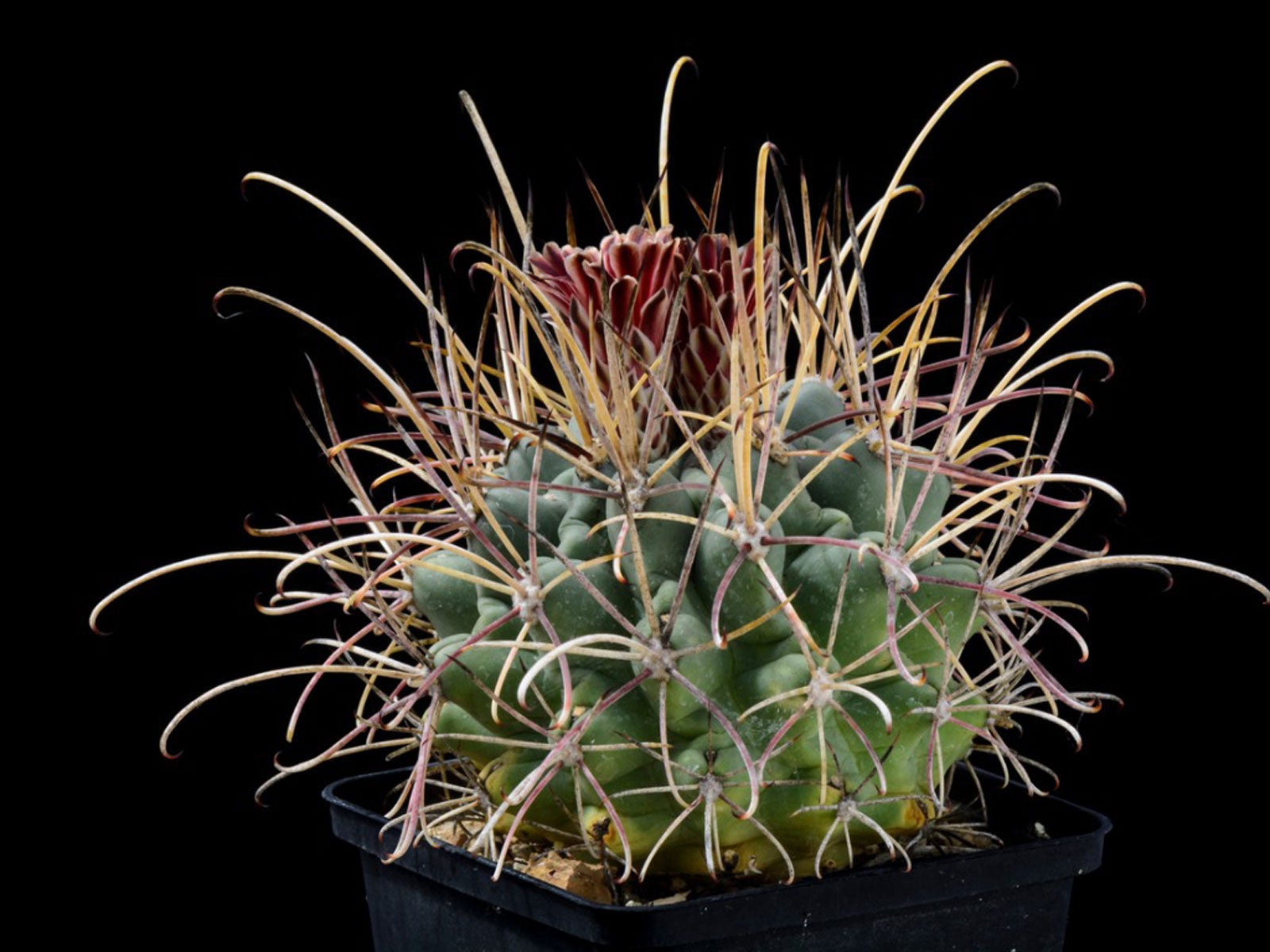

The spectacular cat claw plant (Glandulicactus uncinatus syn. Ancistrocactus uncinatus) is a succulent native to Texas and Mexico. The cactus has numerous other descriptive names, all of which seem to refer to the formidable spines born on the chubby, round body. The most available method for growing cat claw cacti is by seed as the plant is not widely marketed.
Like most cacti, care for cat claw cacti is minimal and highly recommended for beginning gardeners.
About the Cat Claw Plant
A native of the Chihuahua desert, cat claw cactus is closely related to the ferocious looking Ferocactus but the genus is currently Glandulicactus. The cactus has been miss-classed numerous times, finally ending up with a name that stems from the Greek for 'fishhook.' Among the colorful names for this diminutive cactus are fishhook cactus, brown flowered hedgehog, Turk's head cactus, and Texas hedgehog.
When mature the plant is only about 6 inches (15 cm.) tall and may be round or slightly elongated. It has no stems but is covered in the long, red hooked main spines and peripheral spines of beige that are much shorter. The skin of the plant is bluish green and bumpy with large tubercles. In spring, mature cacti produce funnel-shaped flowers in a rusty red to maroon. Each 3 inch bloom (8 cm.) develops into a thick, red fruit.
Tips on Growing Cat Claw Cacti
As mentioned, cat claw cactus care is quite simple. All the plant really needs is plenty of sunshine and gravelly, nutrient-poor soil. Sandy soil that is well-draining is also a good medium.
The minimum temperature is 25 degrees F. (-4 C.) but any lower and the little plant will be killed. If container grown, use a fairly deep pot to accommodate the extensive root system. In the wild, cat claw cacti will grow in crevasses of rock where there is little nourishment, and the area is arid.
Cat Claw Cactus Care
Since there are no branches or leaves, pruning is not necessary. Container plants should receive a diluted cactus food in spring.
Gardening tips, videos, info and more delivered right to your inbox!
Sign up for the Gardening Know How newsletter today and receive a free copy of our e-book "How to Grow Delicious Tomatoes".
Keep the plant just moist to the touch. Allow it to dry between watering and do not place containers in a saucer where water can collect and rot the roots. Reduce watering by half in the dormant season.
This is a slow growing plant, so patience is necessary if you wish to see flowers and fruit. Grow cat claw cactus in a container outside in spring and summer and bring it indoors for the winter.

Bonnie Grant is a professional landscaper with a Certification in Urban Gardening. She has been gardening and writing for 15 years. A former professional chef, she has a passion for edible landscaping.
-
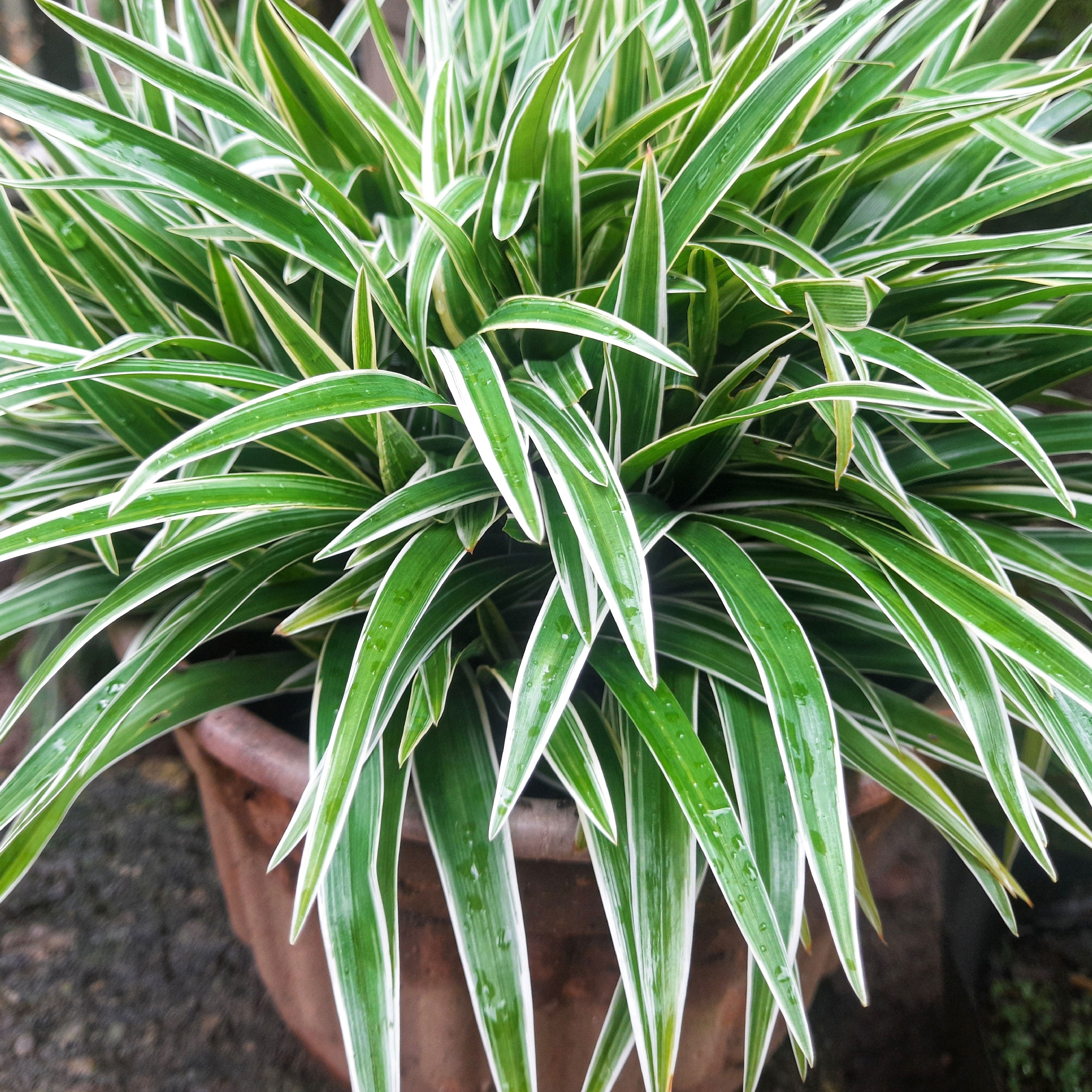 Want To Know How To Make A Spider Plant Bushier? 4 Secrets For Lush & Bushy Spiders
Want To Know How To Make A Spider Plant Bushier? 4 Secrets For Lush & Bushy SpidersAre you looking for ways to make your spider plant look bigger or more dramatic? Follow these quick and easy tips on how to make a spider plant bushier
By Teo Spengler
-
 What Is A Pollinator Garden? Grow Gorgeous Blooms While Benefiting Your Local Ecosystem
What Is A Pollinator Garden? Grow Gorgeous Blooms While Benefiting Your Local EcosystemPollinator gardens look great and also provide a diverse ecosystem that benefits your local pollinating insects and animals. Get started today with this guide!
By Bonnie L. Grant
-
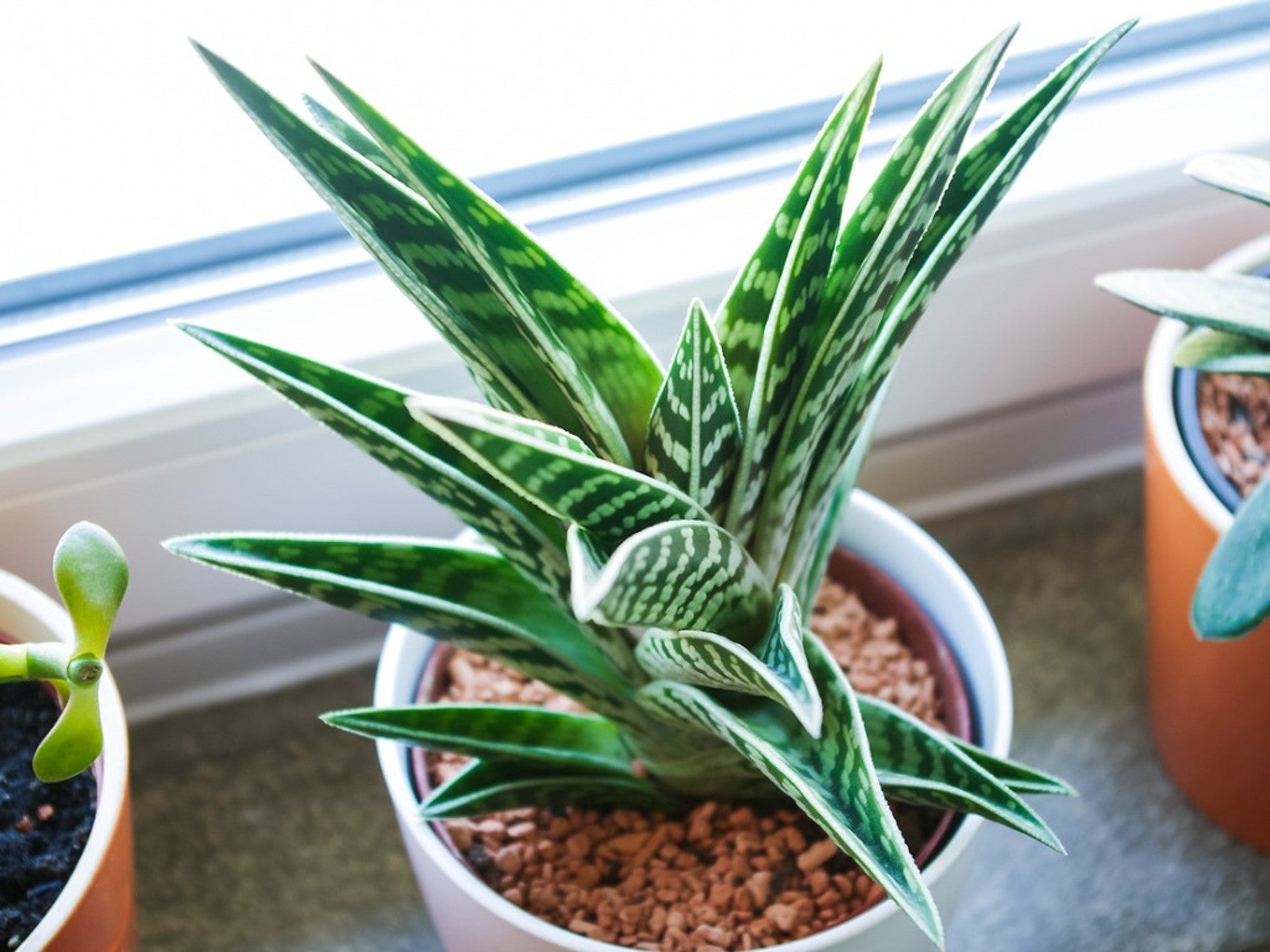 Variegated Succulents To Add To Your Plant Collection
Variegated Succulents To Add To Your Plant CollectionRead about some of the pretty variegated species that add beauty and interest to your succulent collection.
By Becca Badgett
-
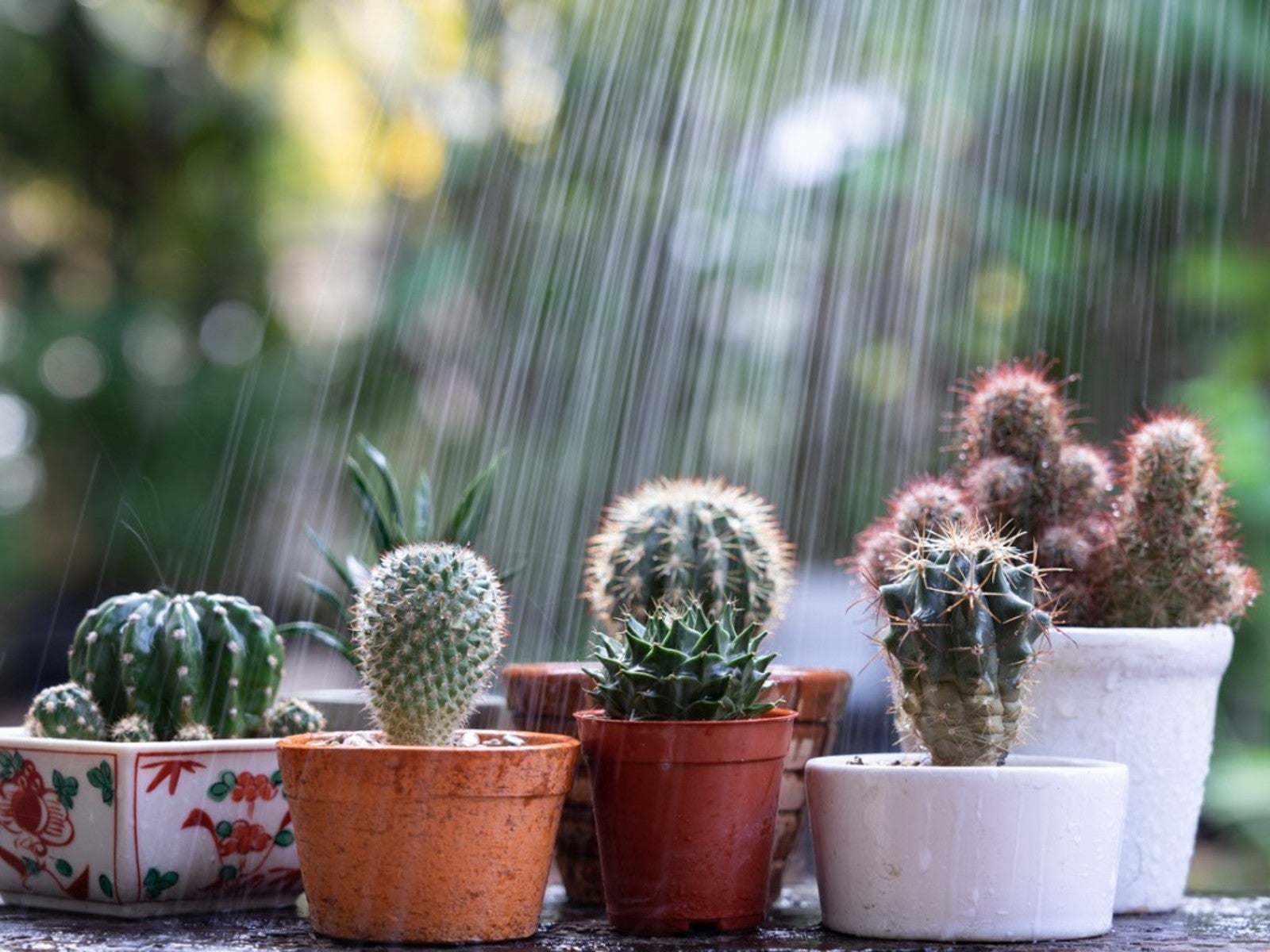 How To Protect Succulents And Cacti From Rain
How To Protect Succulents And Cacti From RainRain has the potential to cause damage to our cacti and succulents. However, when planted in proper soil, rainfall may perform as just a deep watering. Read on for more.
By Becca Badgett
-
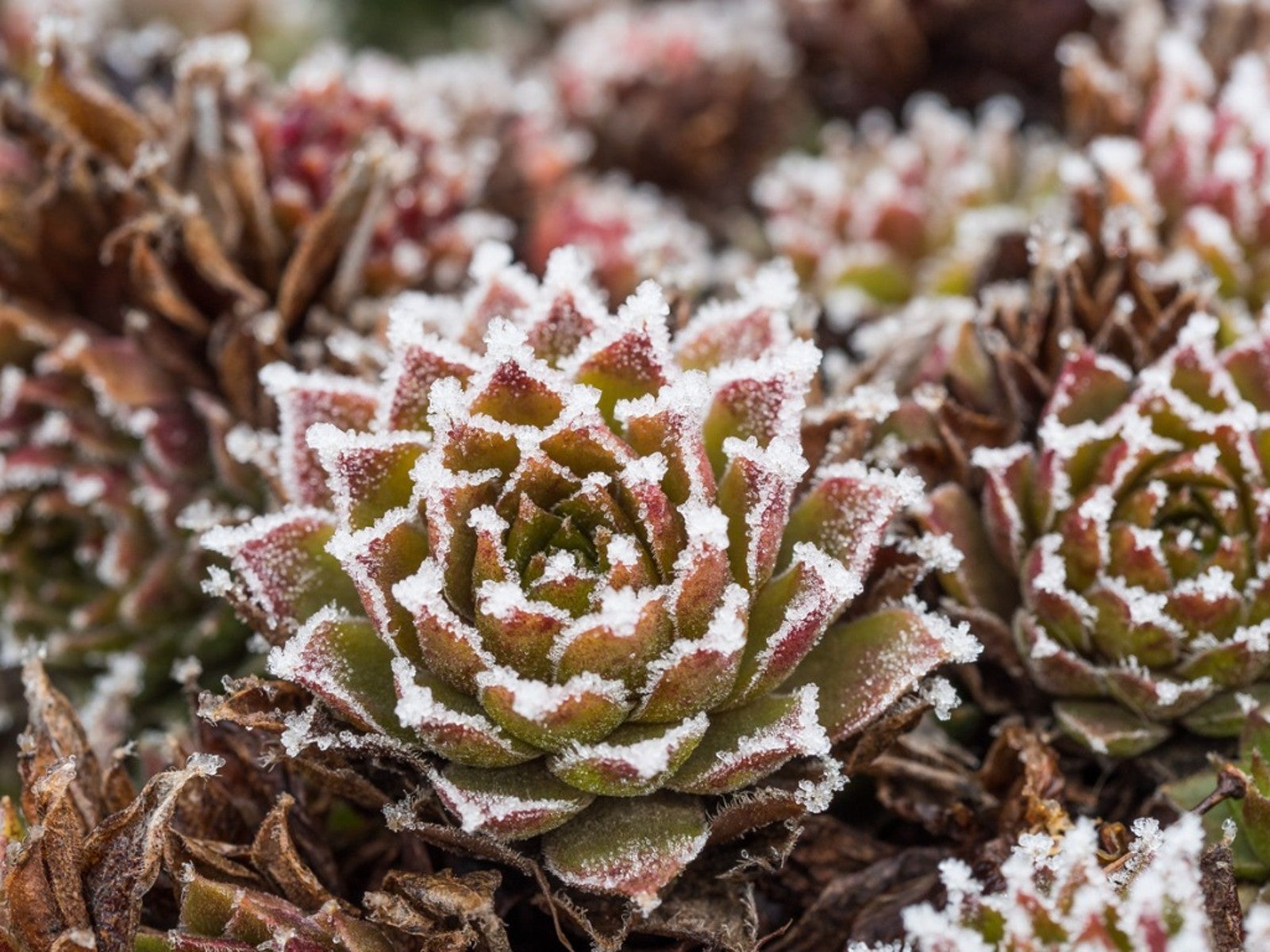 Succulents and Frost: How To Save A Succulent From Frost Or Freeze
Succulents and Frost: How To Save A Succulent From Frost Or FreezeCan succulents withstand cold? Succulents and frost don't traditionally go together and can result in damage, but you may be able to save frozen succulents.
By Bonnie L. Grant
-
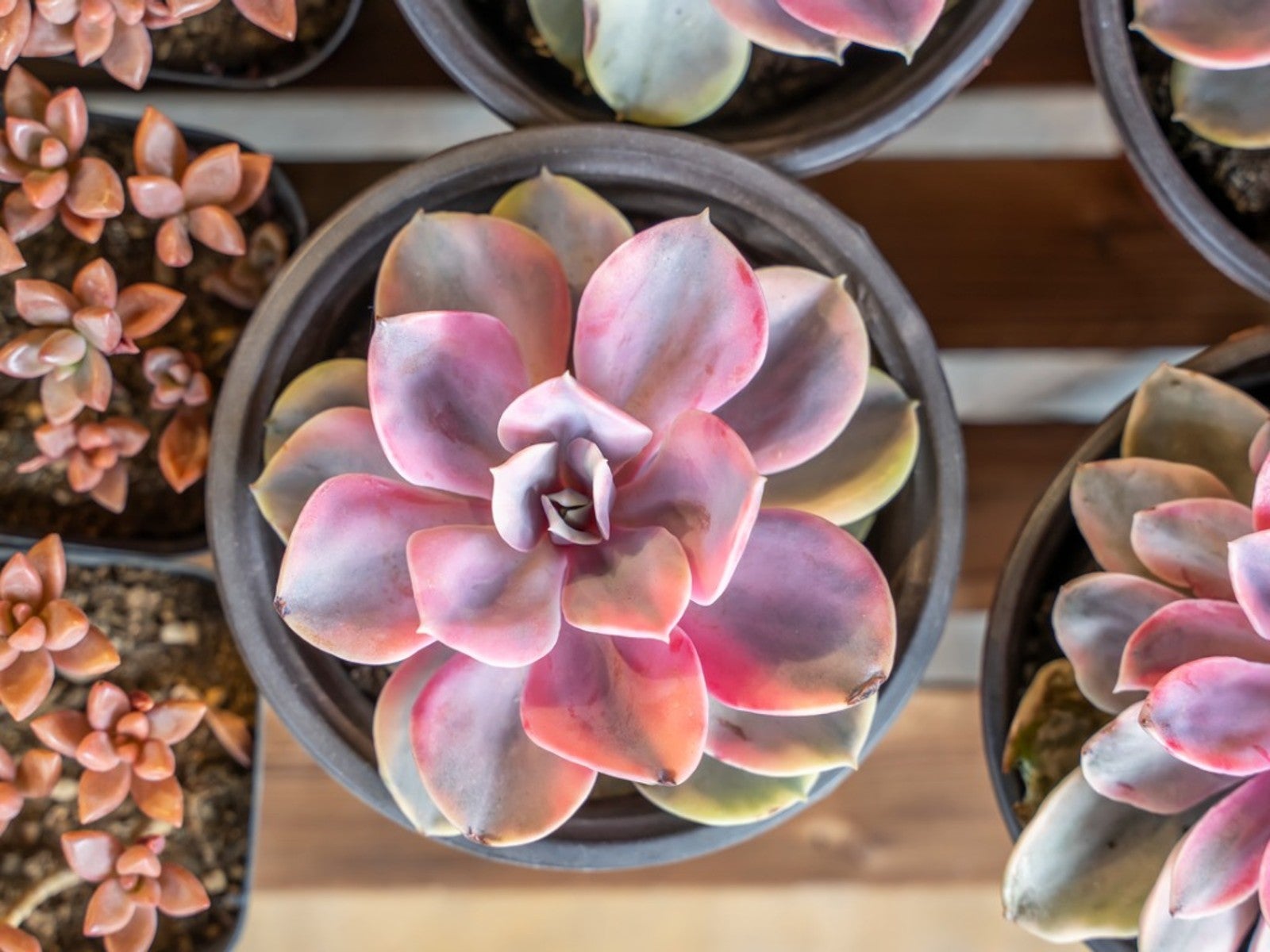 Pink Succulents Varieties To Try: How To Grow Perfect Pink Succulent Plants
Pink Succulents Varieties To Try: How To Grow Perfect Pink Succulent PlantsPink succulents may display the color on leaf edges or with streaks or blotches mingled throughout the foliage. Here are our favorites.
By Becca Badgett
-
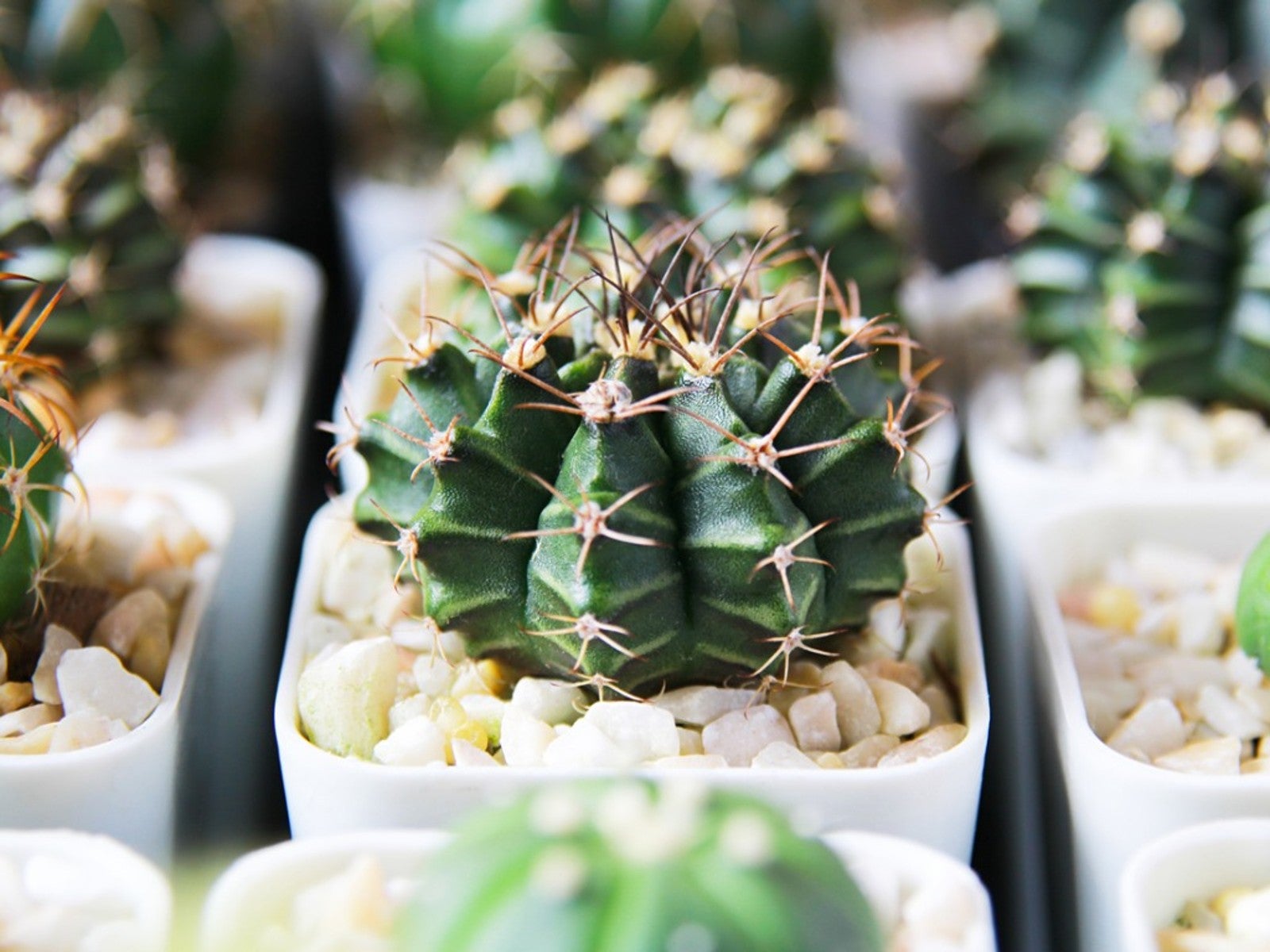 10 No Fuss Cacti - What’s The Best Low Maintenance Cactus
10 No Fuss Cacti - What’s The Best Low Maintenance CactusIf you’re thinking of adding plants to your collection, consider no fuss cacti. Click here for an easy cacti list, even for beginners.
By Becca Badgett
-
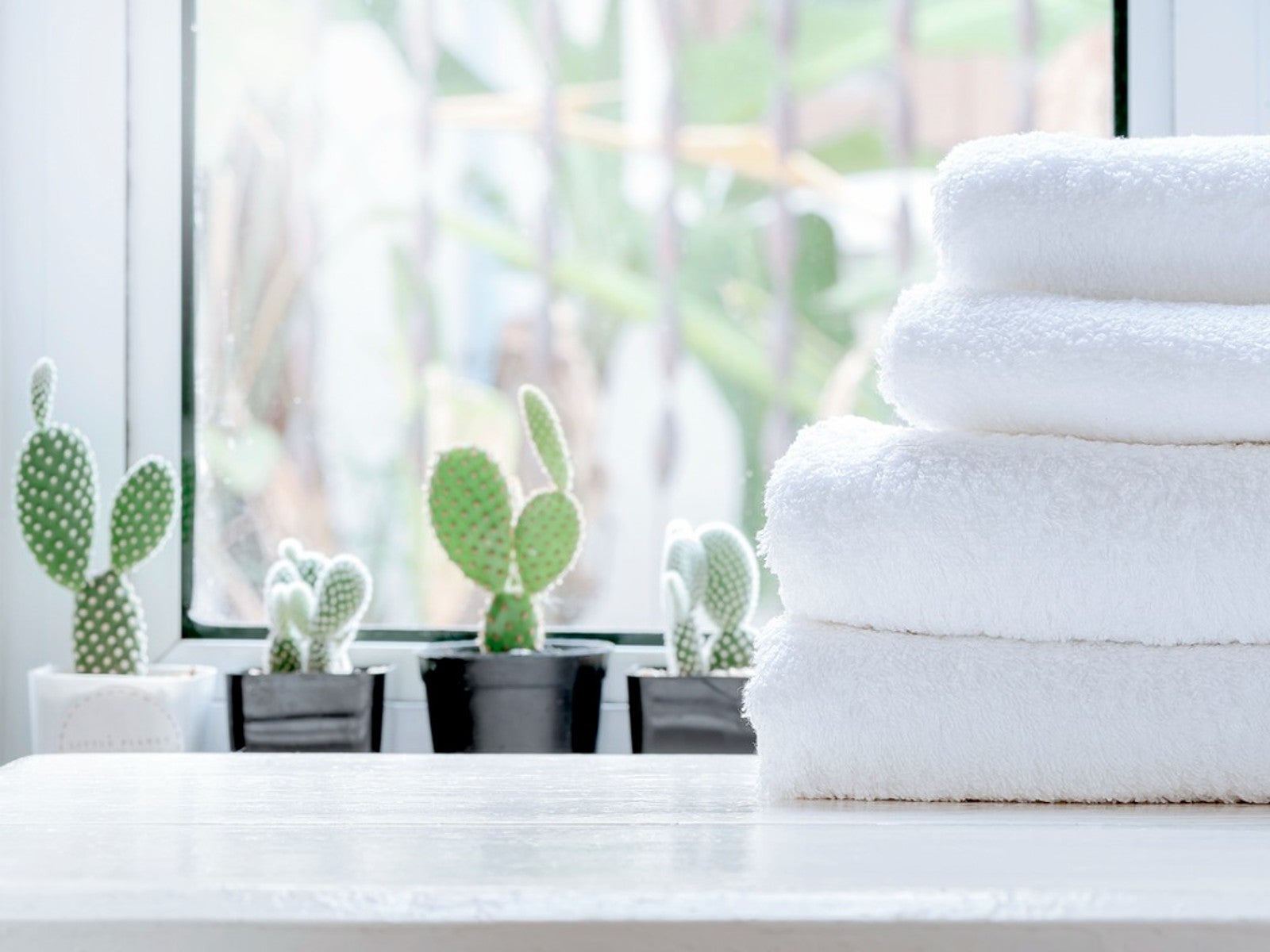 5 Best Succulents For A Bathroom
5 Best Succulents For A BathroomSome succulents can be great options for bathroom decoration. Read on for our top five bathroom succulent ideas.
By Becca Badgett
-
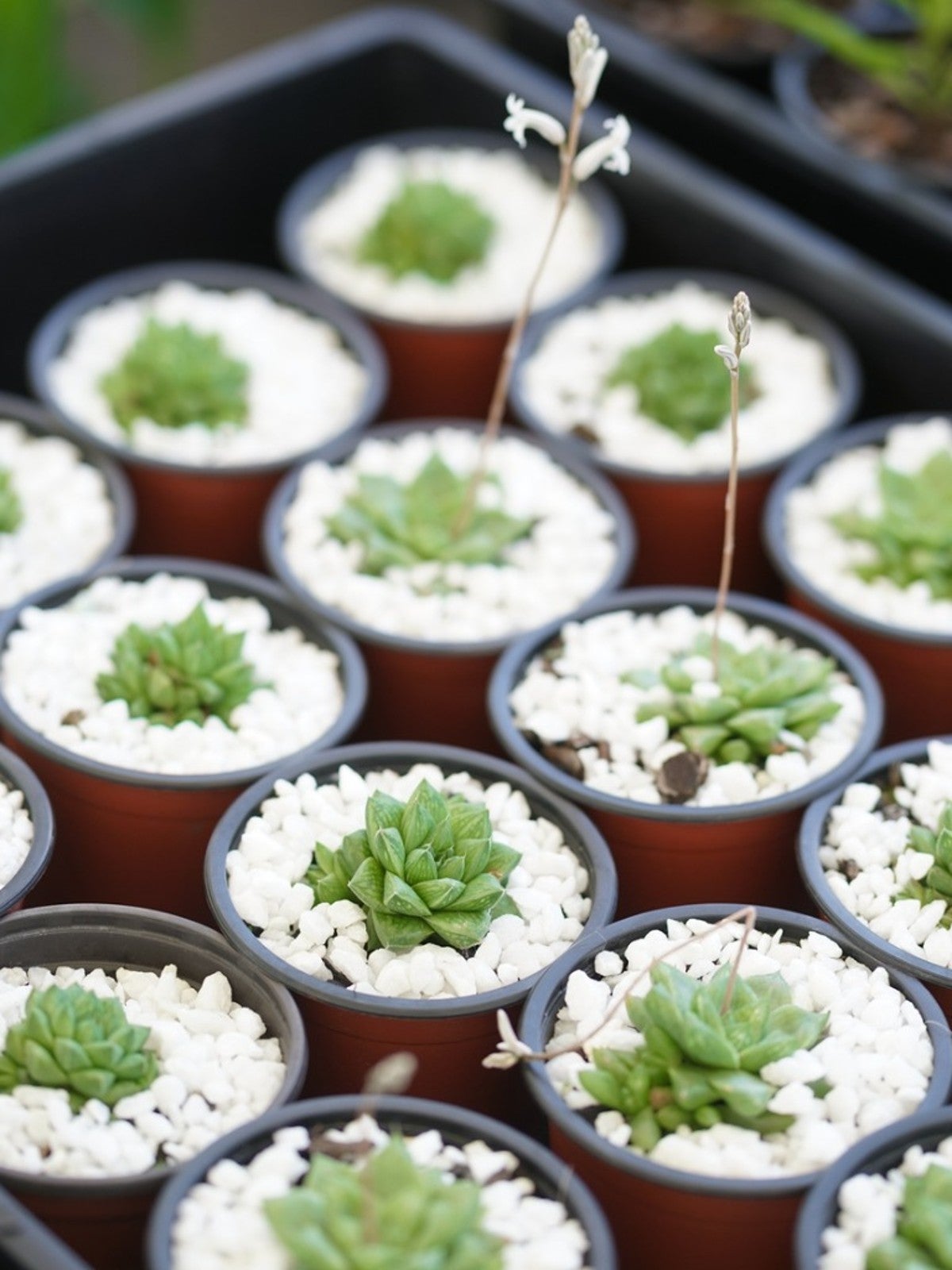 What Is A Succulent Starter Kit - Best Succulent Starter Kits
What Is A Succulent Starter Kit - Best Succulent Starter KitsWhile garden kits are not the most inexpensive option for growing succulents, they do include everything you’ll need. Grow succulents from seed by using a succulent seed starter kit to learn the process and to check your results.
By Becca Badgett
-
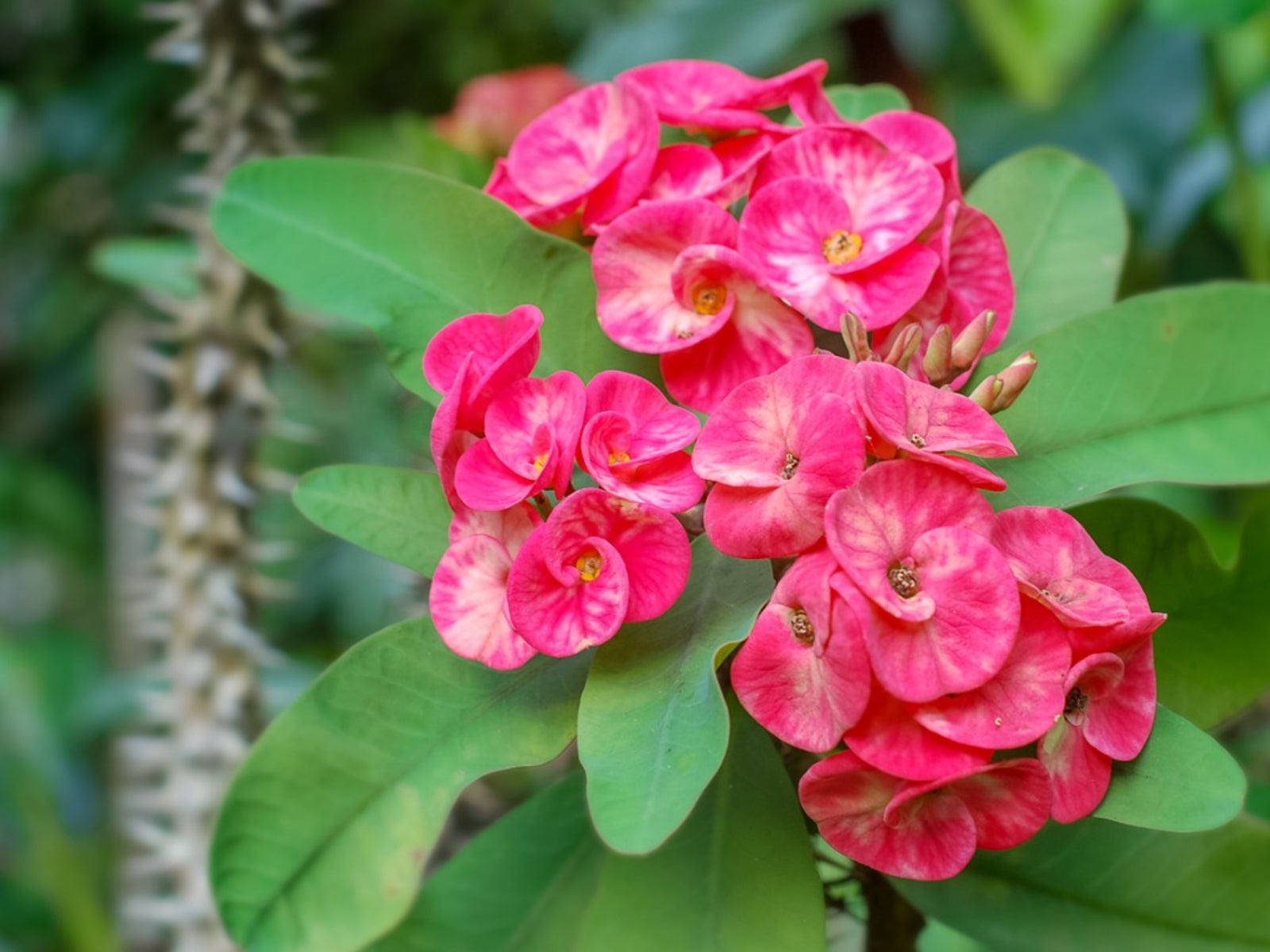 Dazzling Succulents - Succulents With Striking Flowers
Dazzling Succulents - Succulents With Striking FlowersWhen you think of succulents you may just envision their unique leaves and stems. But succulents also produce bright and bold flowers in the right conditions. Read on to learn more.
By Bonnie L. Grant